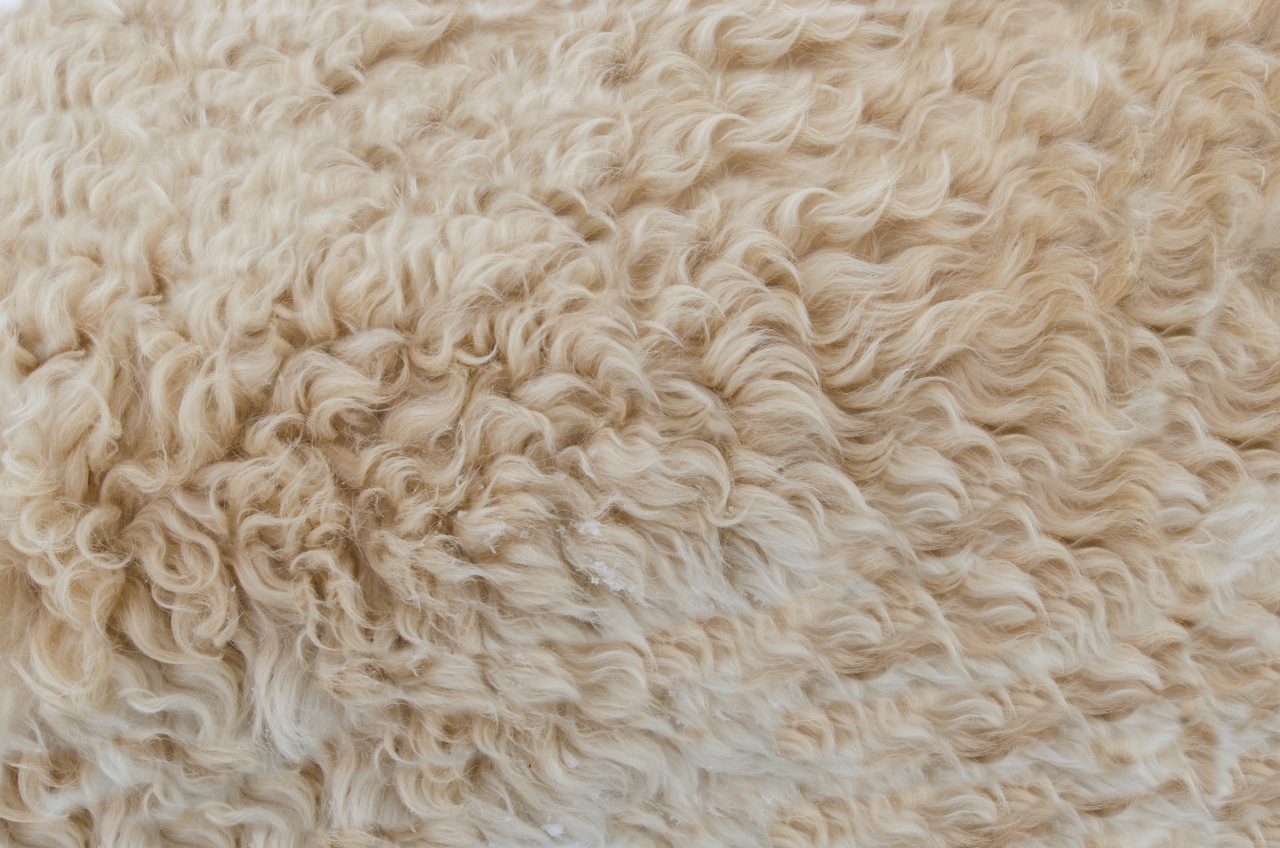Winter is a season cherished by many for its festive aura and cozy vibes. However, it can also bring along some less pleasant experiences, such as dry and itchy skin.
If you find yourself constantly battling with parched skin during the winter months, you’re not alone. Many individuals struggle with this issue, and understanding the reasons behind it can help you alleviate the discomfort and restore your skin’s moisture.
1. Cold, Dry Air
One of the primary causes of dry skin in winter is the cold, dry air. As temperatures drop, so does the humidity level in the environment. Low humidity leads to moisture evaporation from your skin, leaving it dry, cracked, and irritated.
The harsh winter winds exacerbate this effect, stripping away the natural oils that keep your skin hydrated.
2. Forced Indoor Heating
While it feels wonderful to cozy up indoors during winter, artificial heating systems can contribute to skin dryness. Heaters, such as central heating or electric radiators, often circulate dry air that lacks moisture.
Prolonged exposure to this heated, arid air can sap the moisture from your skin and exacerbate dryness.
3. Hot Showers and Baths
There’s nothing quite like a warm shower or bath to combat the winter chill. However, hot water can strip your skin of its natural oils and disrupt the skin barrier, leading to increased dryness.
Additionally, spending an extended amount of time under hot water can further exacerbate this effect, leaving your skin feeling even drier.
4. Inadequate Hydration
Even though you might feel less thirsty during the winter, it’s crucial to keep yourself adequately hydrated. Cold weather can deceive you into thinking that you don’t need as much water as during warmer months.
However, staying hydrated from within is essential for maintaining your skin’s moisture levels. Remember to drink enough water throughout the day to support your skin’s hydration from the inside out.
5. Lack of Sunlight
In winter, daylight hours are often limited, and the sun’s rays are less intense. While this reduction in sunlight may be soothing for your eyes, it can have consequences for your skin.
Sunlight provides essential vitamin D, which is necessary for optimal skin health. Vitamin D deficiency can result in dry skin, making it crucial to find alternative sources of this vital vitamin during the winter months.
6. Decreased Exfoliation
Exfoliation is an essential step in maintaining healthy skin. However, during winter, many individuals tend to reduce the frequency of exfoliation due to concerns about exacerbating dryness.
While it’s important to be gentle with your skin, completely neglecting exfoliation can lead to a buildup of dead skin cells, preventing moisturizers from penetrating effectively. Consider using a gentle exfoliator once or twice a week to slough off dead skin and enhance the absorption of hydrating products.
7. Inadequate Skincare Routine
Winter often calls for a shift in your skincare routine to accommodate the changing needs of your skin. Using the same lightweight products you used in summer may not provide sufficient moisture during the colder months.
Look for rich, nourishing creams and lotions that contain ingredients like hyaluronic acid, ceramides, and glycerin to help lock in moisture and protect your skin’s natural barrier.
8. Colder Showers and Less Frequent Washing
While hot showers can contribute to dryness, excessively cold water isn’t ideal either. Cold showers can strip your skin of essential oils and leave it feeling dry and tight.
Additionally, people tend to wash their hands less frequently in winter due to the colder temperatures, which can lead to an accumulation of bacteria and irritants on the skin. Finding a balance between water temperature and maintaining proper hygiene is crucial for preserving your skin’s moisture.
9. Lack of Protective Clothing
When the temperature drops, we tend to bundle up in warm and cozy clothing. However, if you’re not adequately protecting your skin from the harsh winter elements, it can lead to further moisture loss.
Exposed skin is more susceptible to dryness and damage caused by the cold air and wind. Make sure to cover up with scarves, gloves, hats, and other protective clothing pieces to shield your skin from these external factors.
10. Underlying Skin Conditions
In some cases, persistent dry skin during winter might be indicative of an underlying skin condition. Conditions such as eczema and psoriasis tend to worsen with cold weather, leading to dry, itchy, and inflamed skin.
If you suspect you might have an underlying skin condition, it’s essential to consult a dermatologist who can provide an accurate diagnosis and recommend appropriate treatment options.
By addressing these factors and making a few adjustments to your winter skincare routine, you can restore moisture to your skin and alleviate the discomfort of dryness.
Remember to protect your skin from harsh environmental conditions, hydrate appropriately, and adapt your skincare products to meet the changing needs of your skin during the winter months.































